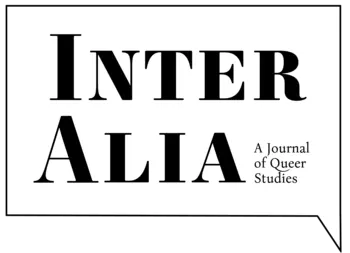Rubia Salgado
Preface
I wrote this article building on the experiences of two organizations for FLINTA migrants and refugees (maiz and das kollektiv, Linz/Austria) in the field of basic education and literacy. Two organizations that strive to act as critically as possible facing hegemonic neoliberal ideologies and the resulting pedagogical instructions, guidelines, concepts and goals in the field of adult education. As an undermining movement towards the commodification of education and of affect, as a counterpoint to the imperative of performance and the measurability of learning outcomes, we decided in 2019 to expand our previous approaches and concepts (we have been working for almost 30 years in this field) by paying more attention to the relevance of the “uselessness” of poetry, to opacity rather than to transparency, to metaphorical thinking, to the practice of abstracting and to the utopian power of imagination; by paying attention to a collective practice of social transformation, for un buen vivir for all, for solidary cohabitation and for inventive resistance.
It could be also described as an attempt to poeticize pedagogy; as an attempt to add a poetic dimension to the theoretical and methodological frameworks of adult basic education on the path to literacy, striving for a different way of thinking, planning, educating, and learning. The text, written in parallel with implementation of a project to elaborate poetry-based approaches in basic education, reflects by means of protocols my searching movements for a speech (especially when speaking about the learners) that unfolds from a dissonance with myself. The narrative is fragmentary and chronologically non-linear, consisting of short notes, called protocolos, which have been written down over months. It moves between different languages and registers; it is sometimes poetic, metaphorical and opaque, sometimes factual, sometimes narrative, sometimes theoretical. It is kept in pencil because it is fragile, vulnerable, unstable, opaque, unfinishable. Because it can be erased at any time, or expanded, or changed. It is writing as a material and a metaphor: the skin of language.
The article is partly an exercise in palimpsesting. Palimpsest is understood as a counter-figure to monocausal discourses of authenticity. The main palimpsest in the text concerns the narrative figure, I-Paloma, which originates from a song by Luís Capucho and Rafael Julião: Balada da Paloma. Like Paloma, running, licking the floor, and singing with mermaids. I-Paloma runs through corridors, ministries, course rooms, holds her hands up in front of the person in white: don’t lock me in. And like Rísia, an impossible Palimpsest, I-Paloma runs searching for flowers.
Bio
Rubia Salgado is an adult educator (basic education/literacy in self-organized contexts), cultural worker, author, co-founder of the migrant organization maiz (www.maiz.at) and works since 2015 as project coordinator and adult educator in the organization das kollektiv (www.das-kollektiv.at), Linz/Austria).
